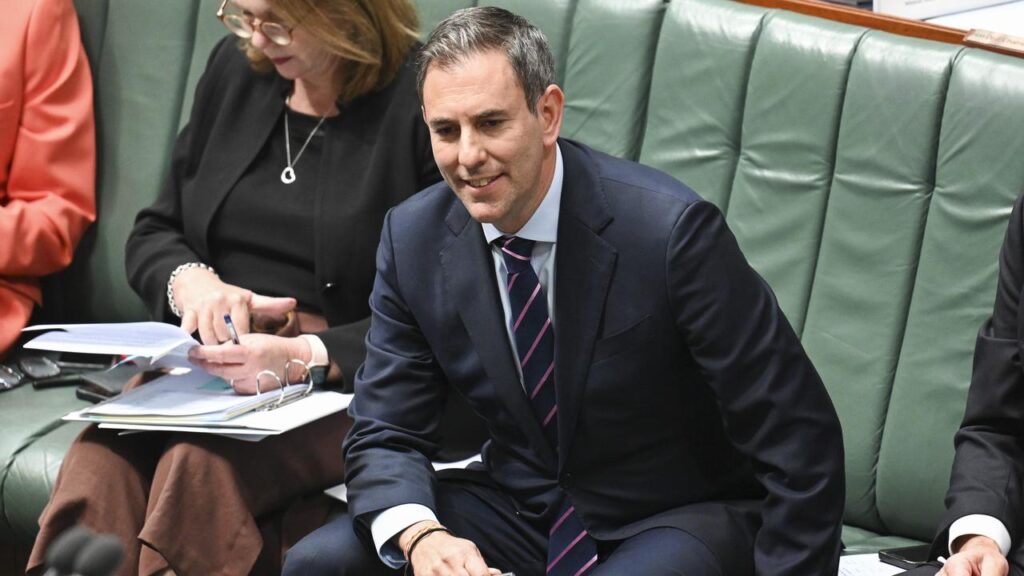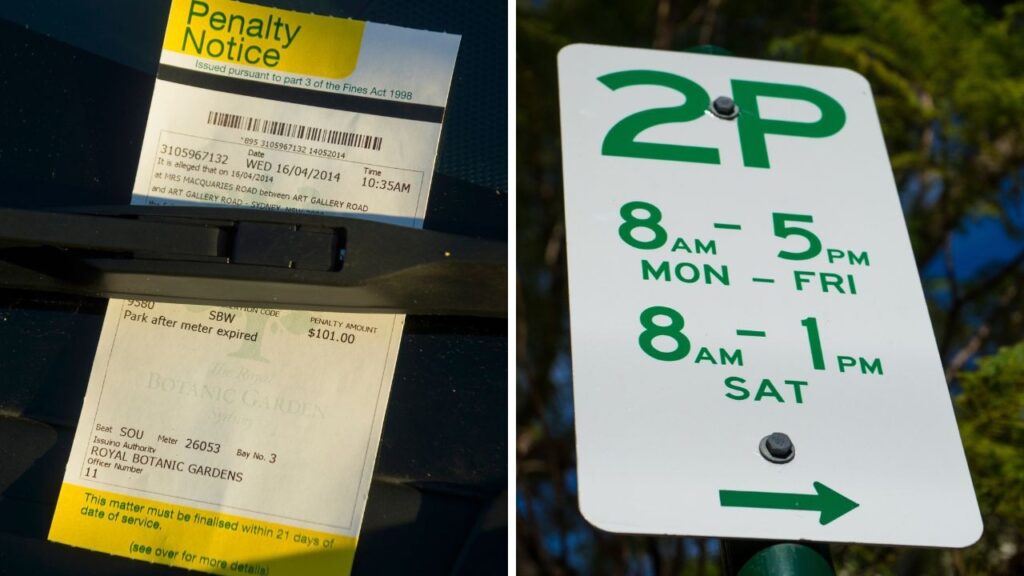Albo’s big plan to win over mums and dads
Written by admin on September 19, 2024
Treasurer Jim Chalmers has described a plan to deliver universal, ‘free’ childcare to more families with multiple children as an “important contribution” confirming that cost of living relief is on the agenda in the lead up to the next election.
The $5 billion plan to make childcare free or cheaper for low income families with one child and for families with an income of $140,000 or under if they have multiple children, is outlined in a new Productivity Commission report.
The vast majority of families – four in every five families – would receive larger discounts. Families with multiple children struggling with childcare costs would also receive a 100 per cent subsidy if they earned under $140,000.
Speaking on ABC Breakfast, Treasurer Jim Chalmers said the big question was “how do we get closer to a universal system where more people can access it.”
“We see early childhood education as a game-changer for families and for the economy,’’ he said.
“We put a lot of money and a lot of effort into making it better, but this PC report will help us consider what, if any, next steps we might be able to take.
“The Productivity Commission report recommends some next steps that we might be able to consider.
“We do want to make it easier for parents especially mums to work more if they choose to and to earn more and keep more of what they earn, that’s our motivation.”
Work activity test abolished
The report argues that early childcare can improve outcomes for children – particularly those experiencing disadvantage and vulnerability.
In a major backflip, that is why the Productivity Commission now argues that children’s participation in childcare should not depend on their parents’ work activity.
“Children experiencing vulnerability and disadvantage benefit the most from quality early childhood education and care, but they are currently the least likely to attend,” said Associate Commissioner Deborah Brennan.
“A child’s entitlement to at least three days of ECEC a week should not depend on how much their parents work.”
What parents will pay
The fee cap in Australia currently stands at $14.29 per hour for up to 100 hours per fortnight. For the first child, the PC proposes a 100 per cent subsidy for families whose combined income is under $80,000.
Some child care providers already charge above the cap which means parents still face a gap, but a 100 per cent subsidy would increase the current maximum rate of 90 per cent. Around one quarter of providers charge above the fee cap and mostly in wealthier areas.
The report recommends abolishing the activity test and increasing the rate of the Child Care Subsidy for families on incomes of up to $80,000 to 100 per cent of the hourly rate cap.
The report also recommends that governments introduce new measures to support the ECEC workforce – giving those who are starting in the sector access to tailored training options and creating better mentoring, professional development and career pathways for those who already work in the sector.
These measures, coupled with the recently announced improvements to pay, should alleviate some of the recruitment and retention challenges the sector has been experiencing for a long time.
“We will not make any progress towards a universal system without addressing the sector’s workforce challenges. Improving pay and conditions is critical but more can be done to improve career and qualification pathways for ECEC professions,” said Commissioner Martin Stokie.
Tax cuts key to getting more women into workforce
But the Productivity Commission says in the report that it’s actually welfare and tax systems that get more women in the workforce.
“Well, that’s one of the reasons why we changed the tax cuts,’’ Treasurer Jim Chalmers said on Sunrise.
“So they were better for Australian women and for parents. For people on low and middle incomes at the same time that everyone gets at the same time that everyone gets a tax cut.”
More Coverage
Education Minister Jason Clare said the report was another step towards universal child care.
“It sets out a road map for how we might be able to achieve that over the next decade or so,” Mr Clare said.
“What the report also says, what it really underlines, is at the moment it’s children from the most disadvantaged families that are the most likely to benefit from early education and care and the least likely to access it today.”







